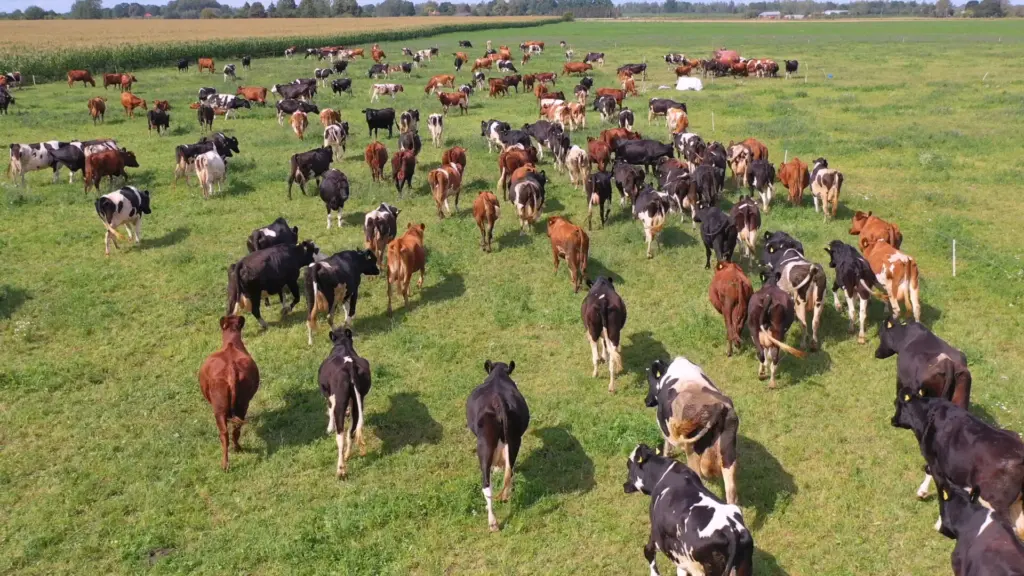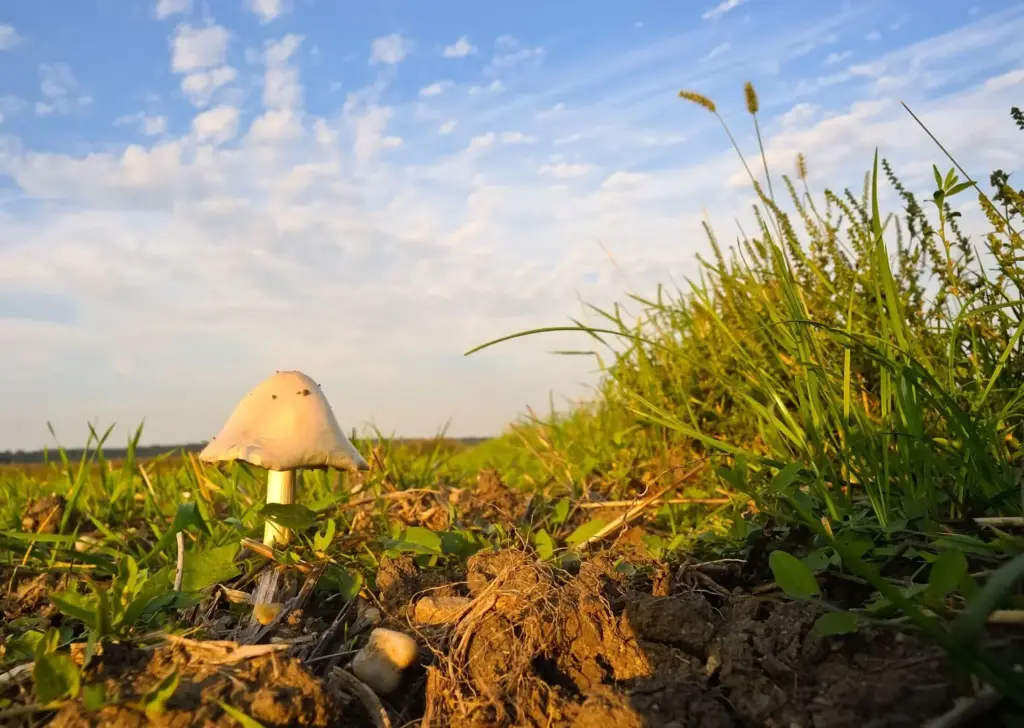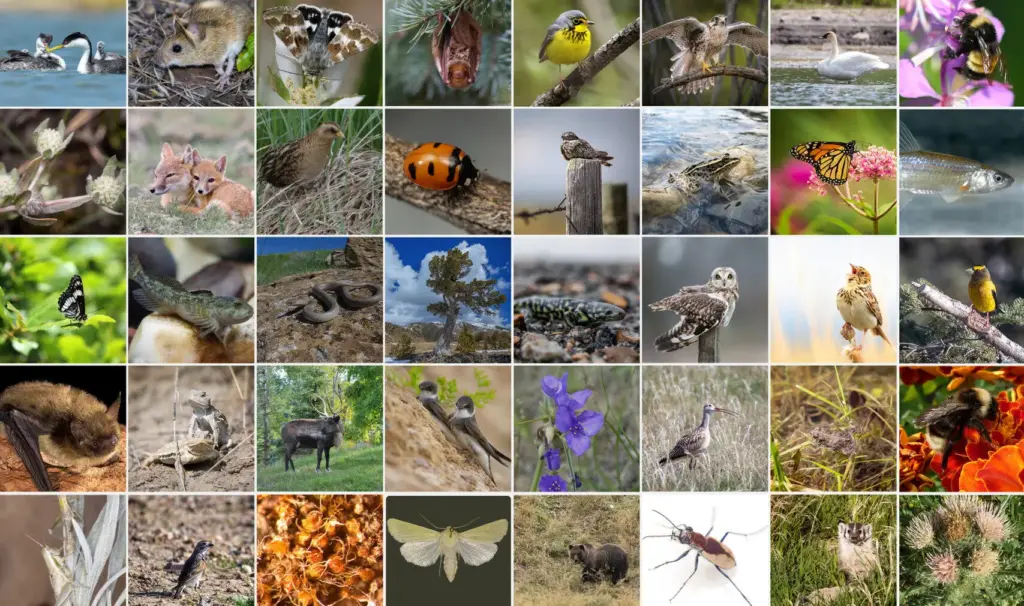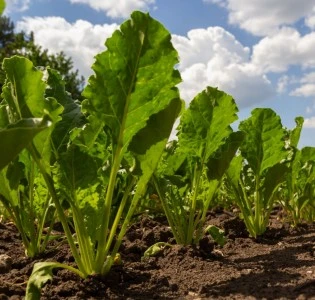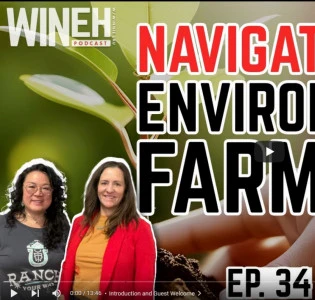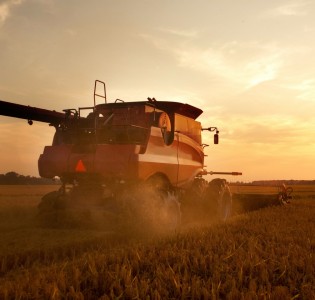Watersheds in Alberta: A summary guide
Alberta is home to a diverse and intricate network of watersheds, each with its own ...
Predators are part of Alberta’s working landscapes.
Predators are part of Alberta’s working landscapes. Coyotes, wolves, bears, and cougars all play ...
Pasture Management: Stewardship in Action
What if your pasture could do more than just feed your livestock? With smart management, ...
Leaving Marginal Lands Alone
What if the land you’re not farming could be your farm’s secret superpower? ...
Alberta EFP Annual Report 2024-2025
As we release this year’s Annual Report, we’re proud to share the milestones, ...
New and Improved HBAT Strengthens Biodiversity Efforts Across Alberta Farms
Alberta, June 24, 2025 – The Agricultural Research & Extension Council of Alberta (ARECA) is thrilled to introduce ...
ASBG Achieves FSA Silver using EFP+
Taber, Alberta – February 5, 2025 – In a remarkable milestone, dedicated Alberta Sugar Beet Growers (ASBG) have reached ...
WinEH Podcast: Featuring EFP’s very own Sonja Shank
WinEH Podcast: Featuring EFP’s very own Sonja Shank Navigating Your Environmental Farm Plan with ...
AgriInvest 2025
Navigating AgriInvest’s New Requirements with Alberta EFP The recent updates to the AgriInvest program ...
Rahr Malting Co. Achieves FSA Gold Level Using Alberta EFP+ Program
Brooks, Alberta – October 30, 2024 – The Alberta Environmental Farm Plan (EFP) is proud to announce Rahr Malting ...
 Initiative
Initiative




